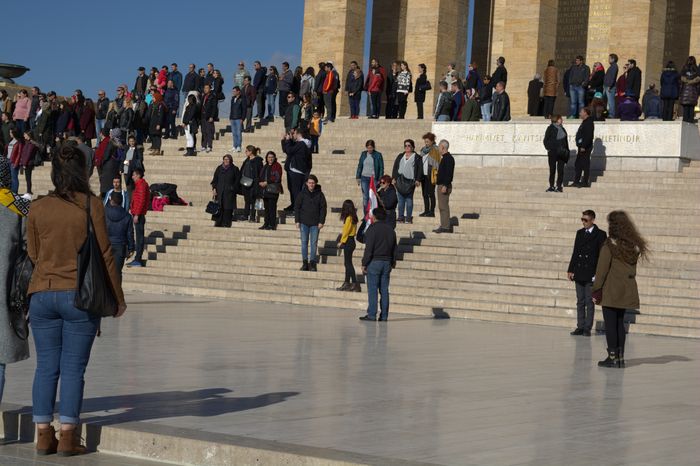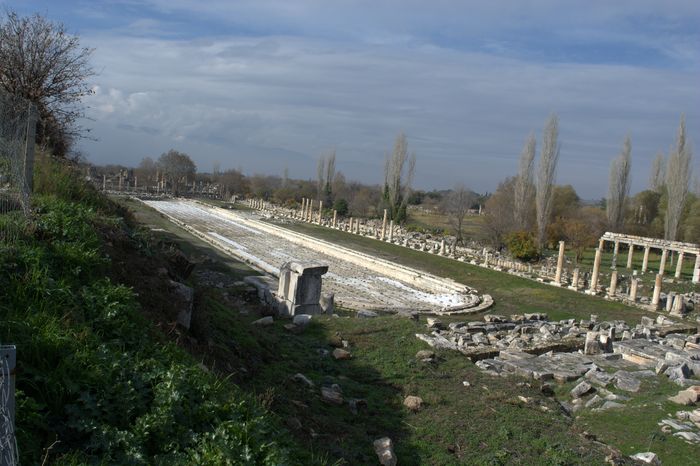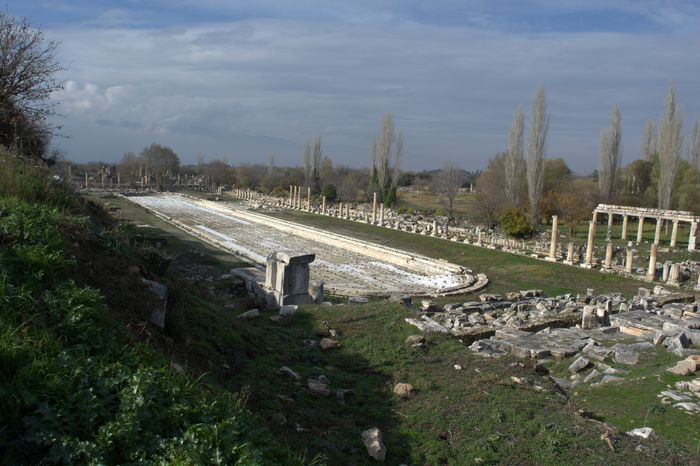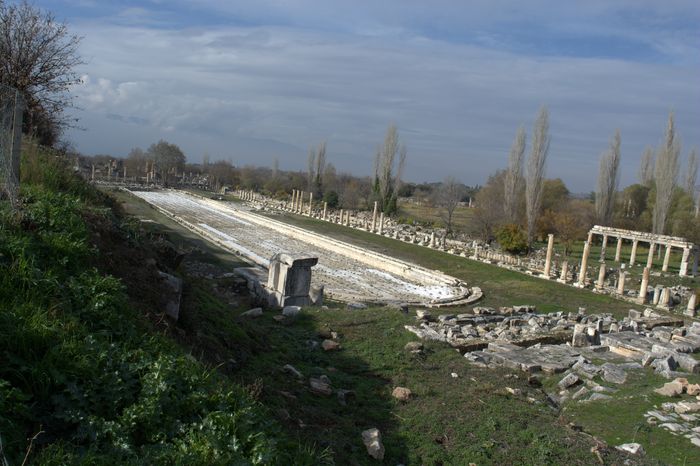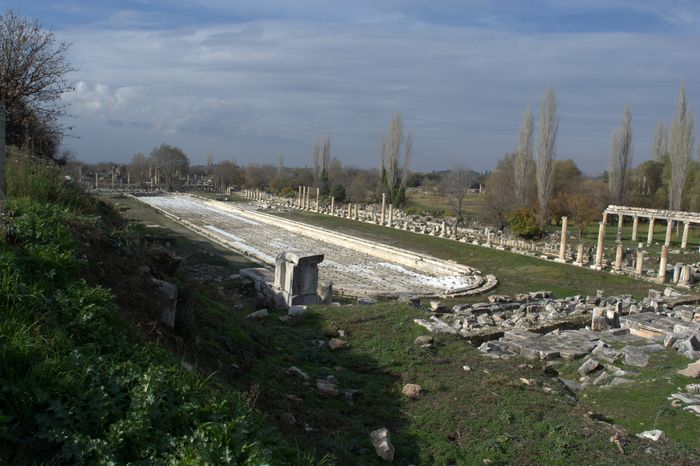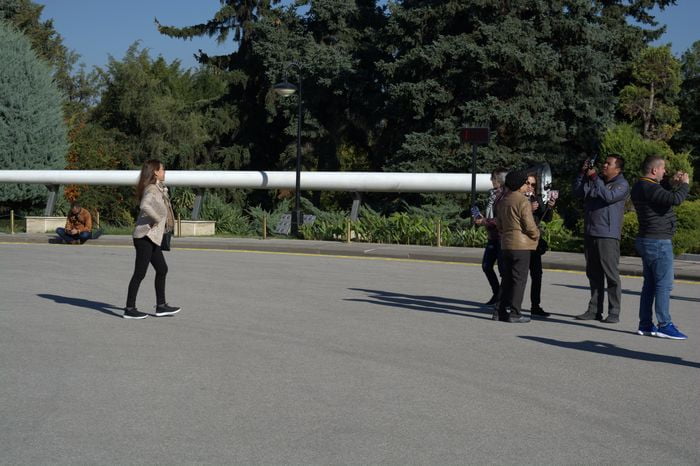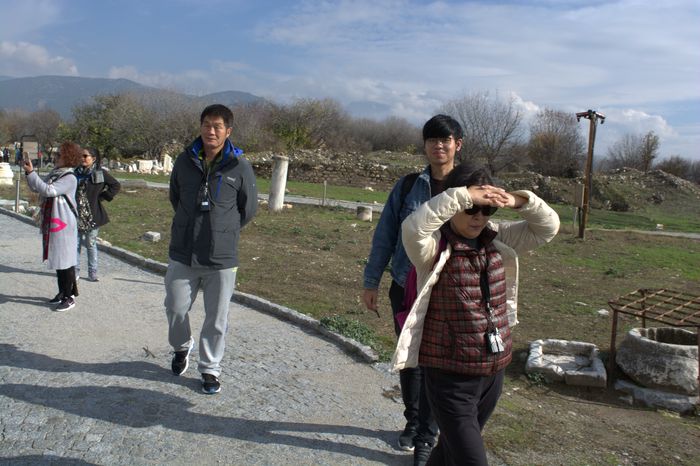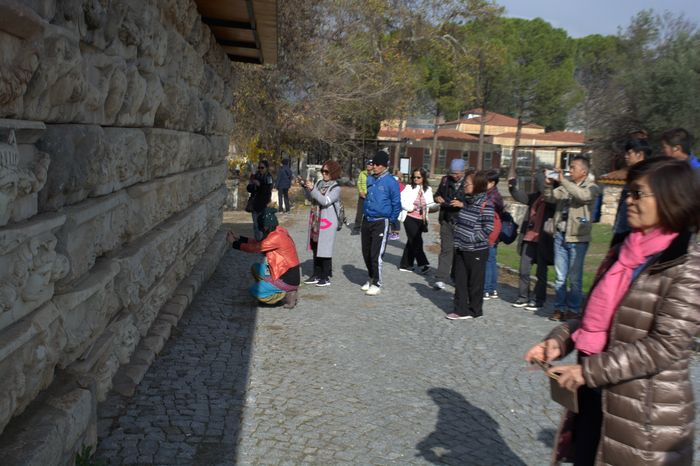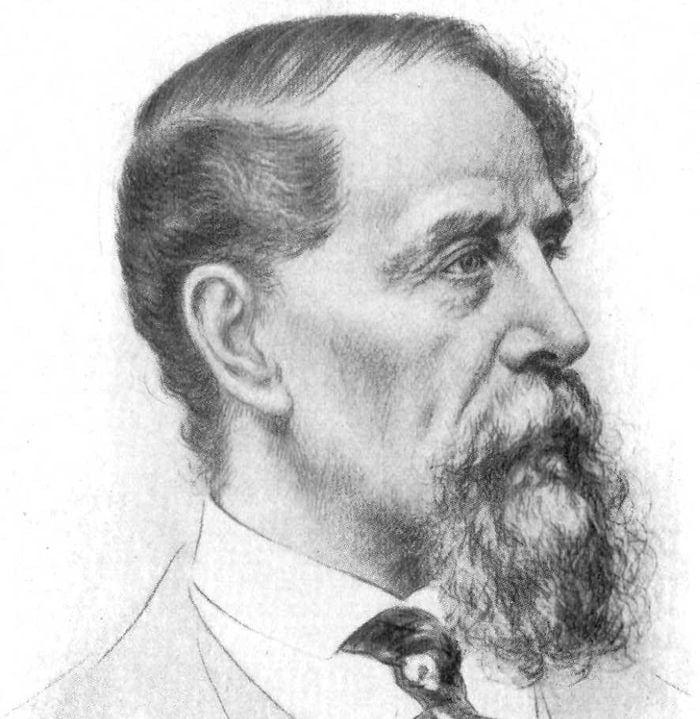The Institutes 535 CE – Under the direction of Tribonian, the Corpus Iurus Civilis [Body of Civil Law] was issued in three parts, in Latin, at the order of the Emperor Justinian.
The Codex Justinianus (529) compiled all of the extant (in Justinian’s time) imperial constitutiones from the time of Hadrian. It used both the Codex Theodosianus and private collections such as the Codex Gregorianus and Codex Hermogenianus.
The Institutes 535 CE – The Digest, or Pandects, was issued in 533, and was a greater achievement: it compiled the writings of the great Roman jurists such as Ulpian along with current edicts. It constituted both the current law of the time, and a turning point in Roman Law: from then on the sometimes contradictory case law of the past was subsumed into an ordered legal system.
The Institutes was intended as sort of legal textbook for law schools and included extracts from the two major works. Later, Justinian issued a number of other laws, mostly in Greek, which were called Novels.
Book I. of Persons
I. Justice and Law.
Justice is the constant and perpetual wish to render every one his due.
The Institutes 535 CE – Jurisprudence is the knowledge of things divine and human; the science of the just and the unjust.
Having explained these general terms, we think we shall commence our exposition of the law of the Roman people most advantageously, if we pursue at first a plain and easy path, and then proceed to explain particular details with the utmost care and exactness.
